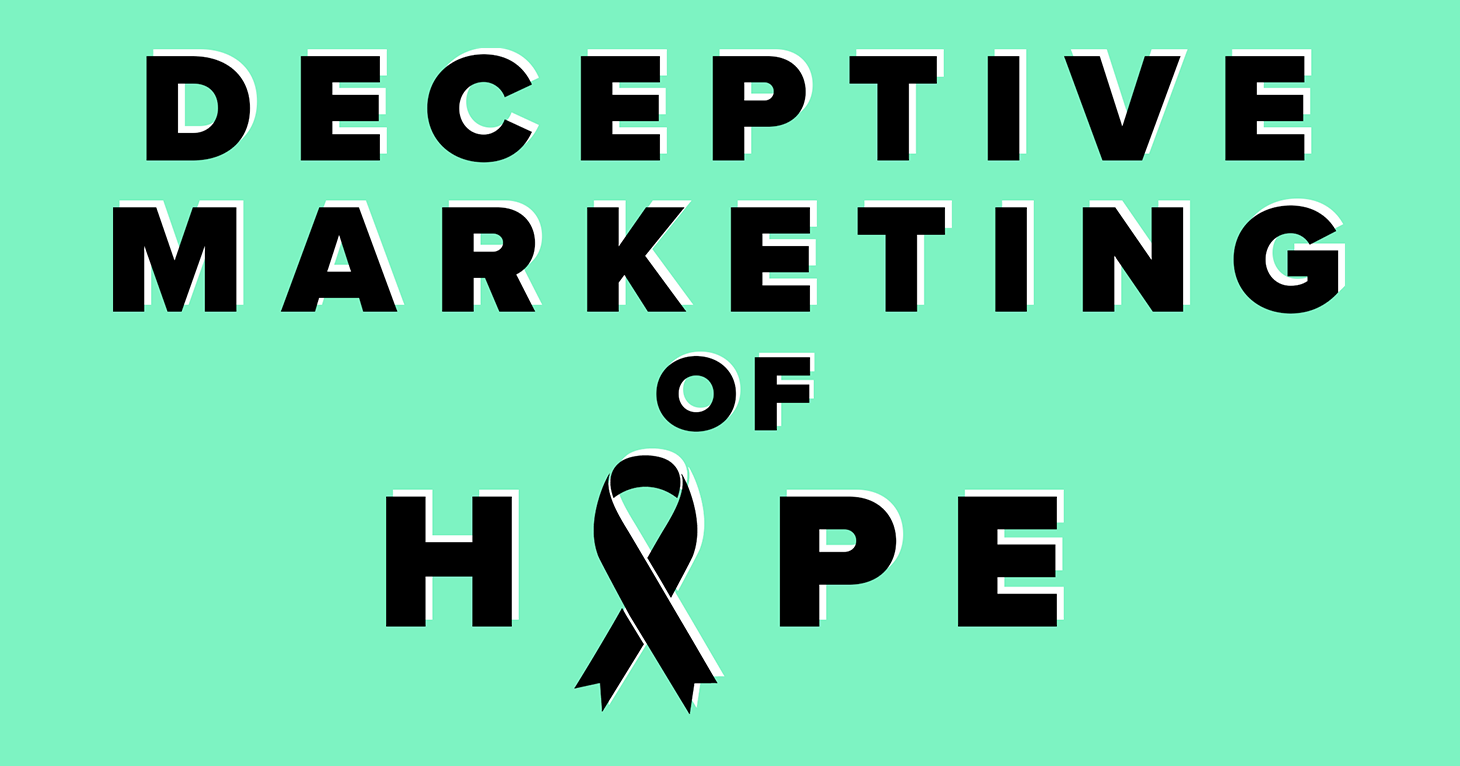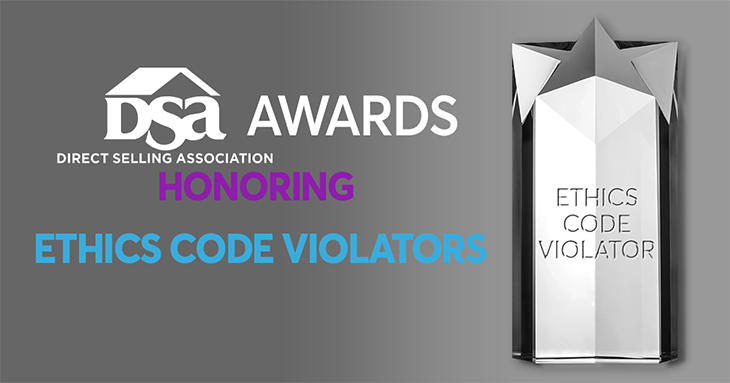MADISON, CONN. February 7, 2017 – The Better Business Bureau (BBB) advises consumers to “look for the seal” of accreditation and “Trust BBB Accredited Businesses,” portraying companies in good standing with the organization as reputable businesses. But an investigation by ad watchdog truthinadvertising.org (TINA.org) reveals that many companies have high ratings despite facing action by the Federal Trade Commission (FTC) for false or deceptive advertising.
TINA.org’s investigation shows that a number of companies are still in good standing with the BBB even after government action and settlements totaling in the hundreds of millions of dollars. Several businesses even saw their BBB rating improve following an FTC action in 2016.
For-profit DeVry University, for example, reached a high-profile $100 million settlement with the FTC for allegedly misrepresenting post-degree job placement rates and student earnings. Despite the substantial settlement – the second largest last year – the company still maintains an “A-” grade. In an even more egregious example, the supplement maker NutraClick agreed to turn over $350,000 in 2016 to settle charges that it lured consumers to sign up for “free” samples online only to charge them later for additional products without their consent. The company currently has an “A” grade with the BBB even though there were “at least 70,000” consumer complaints made about Nutraclick, according to the FTC’s complaint.
The BBB admits that there is a common misperception that the organization is a consumer watchdog. In reality, the BBB operates as a mediator between aggrieved consumers and companies, with ratings based largely on how a company responds to customers who complain within the BBB’s own system. And accreditation is not something that is bestowed but bought, with annual membership fees. Meanwhile, the BBB pitches accreditation to companies saying that consumers are 83 percent more likely to make a purchase when a business displays the BBB seal of accreditation.
TINA.org urges consumers not to rely solely on BBB ratings when evaluating a business but also to review complaints filed with the FTC, the CFPB, their consumer protection officials and elsewhere on the internet where publishers are not compensated by the very businesses they accredit.
To read more about TINA.org’s investigation of the BBB see: www.truthinadvertising.org/articles/grading-bbb-ratings-ftc-actions/
Media Contact
If you are a member of the media looking to contact us, please email us at: press@tina.org


